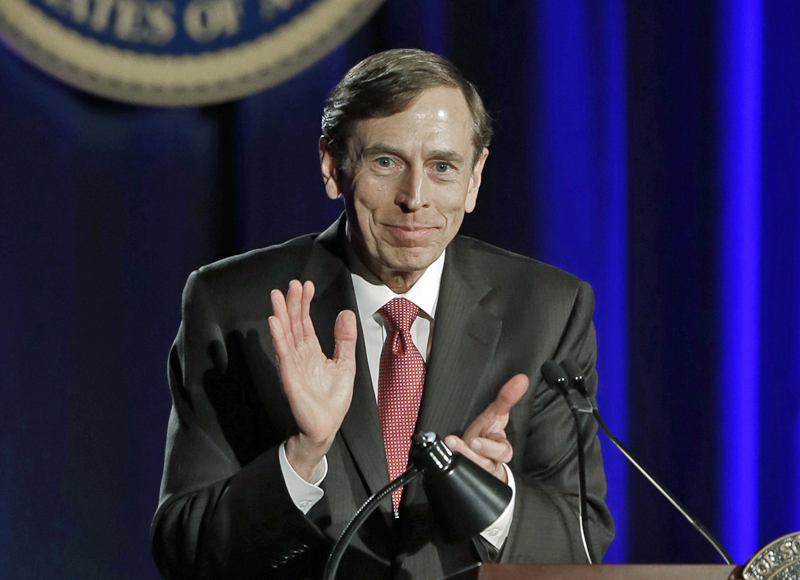At a briefing for reporters at the White House Wednesday, senior administration officials — including a senior intelligence official — sought to stamp out the last embers of controversy surrounding the inter- and intra-agency processes that yielded official, early talking points about the attacks on a U.S. facility in Benghazi, Libya.
Responding to pressure from reporters and Republicans on Capitol Hill, the administration released what they claim are all emails internal to, and between, relevant government agencies drawing up the talking points that Susan Rice used when appearing on Sunday talk shows a few days after the attacks that left four Americans, including U.S. Ambassador to Libya Christopher Stevens, dead. Those emails are characteristic of the laborious bureaucratic process required to finalize the talking points, but do reflect disagreements between senior officials in agencies outside the White House over what information the talking points should contain.
The emails vindicate the administration’s claim that White House officials did not partake in defensive wrangling over the framing or content of the talking points. But they do confirm that the State Department and CIA were at odds, at least for a time, over how comprehensive the talking points should be.
That squabbling — which appear to reflect at least in part the two agencies’ desires to insulate themselves from blame for the attacks — is the only remaining aspect of the controversy, perpetuated by Republicans and conservatives, over the administration’s private deliberations and public communications in the days after the attack.
Notably, the officials at the briefing sought to downplay that tension as well. The final talking points, they noted, were edited most thoroughly by CIA Deputy Director Michael Morrell, and reflect the modifications the State Department was seeking.
But Morrell’s modifications reflected his own disagreements with early drafts, independent of State Department’s similar objections, the officials stressed in the briefing, suggesting the rift between State and CIA was less severe than first believed.
That view is backed, in part, by sign-off from Morrell’s top terror analyst, who in one email responded to Morrell’s edits, “They are fine with me. But, pretty sure HPSCI [the House Permanent Select Committee On Intelligence] won’t like them. :-)”
Then-CIA Director David Petraeus did raise objections to the final drafts, reflecting both his desire that the talking points contain information about CIA warnings regarding the security situation in the region, and his belief that HSPCI members would not be satisfied with them.
“No mention of the cable to Cairo, either? Frankly, I’d just as soon not use this, then… NSS’s call, to be sure; however, this is certainly not what Vice Chairman Ruppersberger was hoping to get for unclas[sified] use. Regardless, thx for the great work.”
NSS refers to the White House National Security Staff. Rep. Dutch Ruppersberger (D-MD) is the top Democrat on the House Permanent Select Committee On Intelligence.
The emails do not make clear why HSPCI members, including Ruppersberger, would be unhappy with the talking points, but they suggest that it was because the final version of the talking points lacked sufficient detail about the incident.










